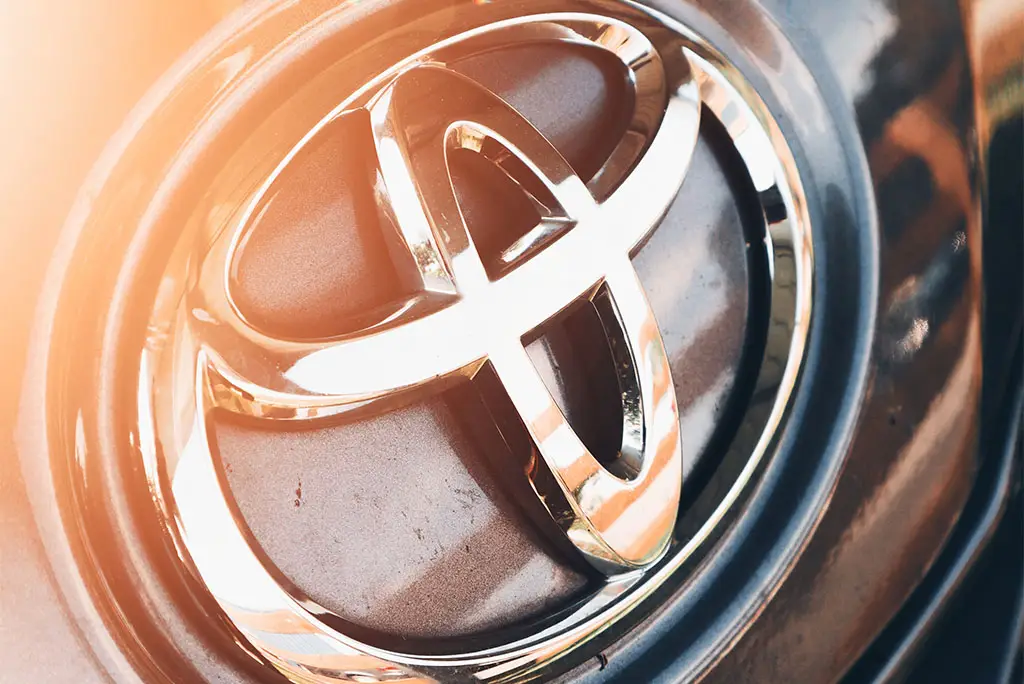Toyota announced its plan to introduce high-performance solid-state EV batteries and other technologies to enhance the range and reduce the costs of its future electric vehicles (EVs).
This strategic shift caused the company’s shares to rise by 5%. Toyota aims to launch next-generation lithium-ion batteries by 2026, offering longer ranges and faster charging.
It also revealed a breakthrough in addressing durability issues in solid-state batteries and plans to mass-produce them by 2027-2028. Additionally, Toyota will utilize lithium iron phosphate batteries as a cost-effective alternative to lithium-ion batteries. They also intend to produce an EV with a range of 1,000 km using a more efficient lithium-ion battery.
Current Solid-state battery drawbacks
Solid-state batteries are expected to accelerate the transition to EVs by addressing range concerns due to their higher energy storage capacity. However, they are currently expensive, and Toyota plans to incorporate lithium iron phosphate batteries as a more affordable option. The company envisions an EV powered by solid-state batteries that could achieve a range of 1,200 km and a charging time of just 10 minutes, surpassing the capabilities of the Tesla Supercharger network.
Future plans
While Toyota did not disclose specific costs or investment requirements, it highlighted its commitment to transforming the future with battery electric vehicles (BEVs). Under the leadership of CEO Koji Sato, Toyota’s roadmap reflects a revamp of its EV strategy, incorporating technologies from suppliers like Aisin and Denso.
The company’s goal is to compete more effectively in the rapidly growing EV market, where it has lagged behind Tesla and other competitors.
The announcement comes ahead of Toyota’s annual shareholders meeting, during which its governance and strategy, including its slow transition to battery EVs under former CEO Akio Toyoda, will be scrutinized.
By embracing next-generation battery technology and factory redesigns, Toyota aims to position itself as a major player in the EV market.
The roadmap outlines the company’s commitment to improving the driving range, charging times, and overall performance of its EVs to meet the evolving needs of consumers.
The move towards solid-state batteries
The move towards solid-state batteries aligns with the broader industry trend of pursuing advanced energy storage solutions to enhance the viability of EVs. Toyota’s commitment to commercializing solid-state batteries by 2027-2028 indicates its confidence in the technology’s potential.
While cost and mass production challenges remain, Toyota’s simultaneous development of lithium iron phosphate batteries ensures a diversified approach to meet various market demands and cost considerations.
As the world’s best-selling automaker, Toyota’s strategic pivot towards high-performance, solid-state batteries and other EV technologies signals its determination to regain leadership in the EV market.
By leveraging its expertise, supply chain partnerships, and established brand reputation, Toyota aims to overcome the challenges posed by emerging competitors and solidify its position as a major player in the electric mobility sector.
Through continuous innovation and customer-focused solutions, Toyota seeks to shape the future of transportation and contribute to a sustainable, electrified automotive ecosystem.
New platform and assembly line also being ready
Toyota is developing a dedicated EV platform and an automated assembly line that eliminates the traditional conveyor belt system. The new assembly line will feature self-propelling cars that autonomously move through the production process.
Toyota also adopts Tesla’s Giga casting innovation, which utilizes large aluminium casting machines to reduce vehicle complexity and production costs. The move is seen as an attempt by Toyota to counter Tesla’s lead in production efficiency.
Toyota aims to produce about 1.7 million electric vehicles annually by 2030 through its BEV Factory. In April, the company achieved a significant milestone by selling over 8,500 EVs in a month, accounting for more than 1% of its global sales.
Despite selling far fewer vehicles than Toyota, Tesla’s market value exceeds Toyota’s by a significant margin, highlighting investors’ confidence in Tesla’s growth potential. Toyota continues to emphasize offering a range of new-energy vehicles, including hybrids, hydrogen fuel cells, and battery EVs, as part of the industry’s transition from petrol-powered vehicles.
